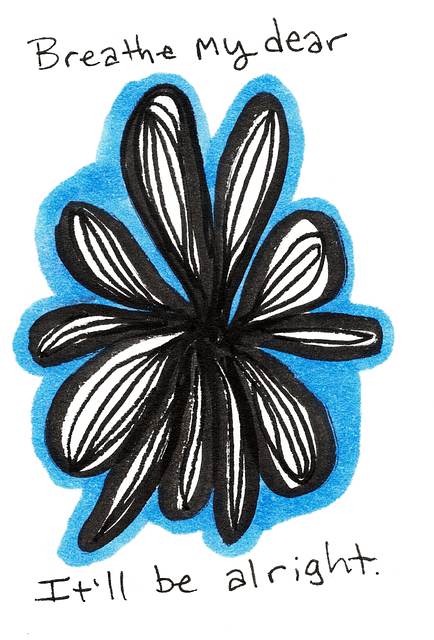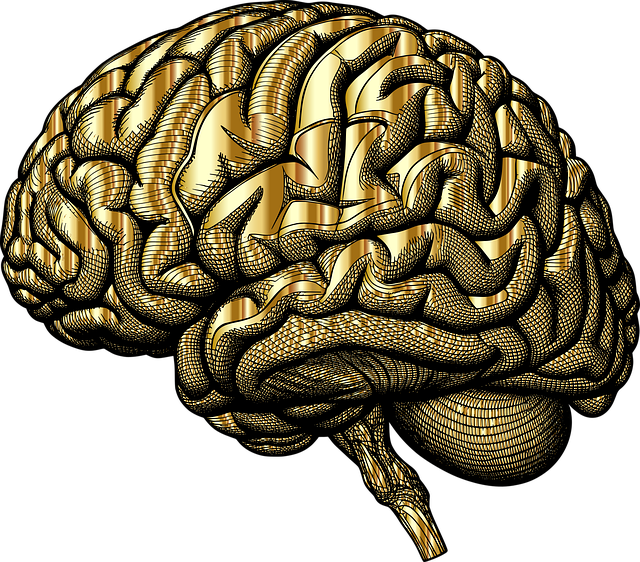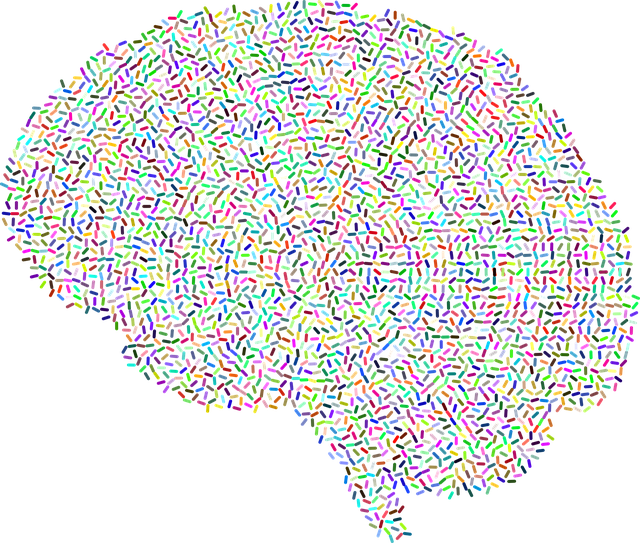Cultural sensitivity is vital for providing effective autism spectrum disorder (ASD) therapy in Arvada, where diversity is growing. By understanding and respecting clients' unique cultural backgrounds, therapists can create safe spaces that enhance communication, build trust, and improve treatment outcomes. Challenges include the lack of specialized training for mental health professionals and cultural stereotypes. Overcoming these obstacles through awareness programs, risk assessments, and cross-cultural communication skills training is essential. Systemic changes and individual provider education foster an environment of culturally sensitive care, benefiting both clients with ASD and the broader community. Case studies demonstrate that integrating cultural considerations leads to significant improvements in managing ASD symptoms.
Cultural sensitivity is a cornerstone of effective mental healthcare, especially in addressing complex conditions like Autism Spectrum Disorder (ASD). This article explores the intricate relationship between culture and ASD therapy, focusing on Arvada’s mental health services. We delve into the challenges faced in providing culturally sensitive care and present strategies to enhance competence. Through case studies, we demonstrate successful implementations, highlighting the profound impact of cultural understanding on treatment outcomes for individuals with ASD in Arvada.
- Understanding Cultural Sensitivity in Mental Healthcare
- The Impact of Cultural Factors on Autism Spectrum Disorder (ASD) Therapy
- Challenges and Barriers in Providing Culturally Sensitive Care for ASD
- Strategies for Incorporating Cultural Competence in Arvada's Mental Health Services
- Case Studies: Successful Implementation of Cultural Sensitivity in ASD Treatment
Understanding Cultural Sensitivity in Mental Healthcare

Cultural sensitivity in mental healthcare is a critical aspect that ensures patients from diverse backgrounds receive care tailored to their unique needs and beliefs. It involves understanding and appreciating the impact of cultural factors on mental health, including attitudes, values, traditions, and practices. In Arvada, where there’s a growing diversity, especially with individuals on the Autism Spectrum Disorder (ASD), this sensitivity becomes even more vital.
Mental wellness coaching programs development often incorporates strategies for building resilience and conflict resolution techniques that respect cultural contexts. By integrating these approaches, therapists create safe spaces for patients to express themselves honestly. This, in turn, fosters effective communication, enhances trust, and improves treatment outcomes. A culturally sensitive practice not only benefits individuals with ASD but also encourages a broader community where mental health support is inclusive and accessible to all.
The Impact of Cultural Factors on Autism Spectrum Disorder (ASD) Therapy

Understanding the impact of cultural factors is essential when providing Arvada Autism Spectrum Disorder (ASD) therapy. Each individual brings their unique cultural background, beliefs, and experiences to therapy, which can significantly influence how they express symptoms and respond to treatment. For example, certain cultural norms around communication, emotional expression, and seeking help may differ greatly, requiring therapists to adapt their approaches accordingly.
Cultural sensitivity in mental healthcare practice involves recognizing these variations and incorporating them into therapeutic strategies. This means creating a safe and inclusive environment where individuals with ASD feel understood and respected, ultimately enhancing the effectiveness of their treatment. Mental health awareness and education programs designed with cultural sensitivity in mind can empower both therapists and clients to navigate the complexities of ASD in a more meaningful way.
Challenges and Barriers in Providing Culturally Sensitive Care for ASD

Providing culturally sensitive care for individuals on the Autism Spectrum Disorder (ASD) presents unique challenges in mental healthcare practice. The diverse nature of cultural backgrounds and experiences requires therapists to adapt their approach, ensuring that every client feels understood and respected. In Arvada, where a growing community of autistic individuals seeks therapy, these considerations are particularly vital.
One significant barrier is the lack of specialized training in ASD for mental health professionals. Many traditional therapeutic methods may not account for the sensory sensitivities, communication styles, and social dynamics unique to those on the spectrum. This gap in knowledge can lead to miscommunication and mistrust during therapy sessions. Moreover, cultural stereotypes and misconceptions surrounding autism can hinder progress if not addressed proactively. Mental Health Education Programs designed with a focus on ASD awareness are crucial to empowering professionals to provide effective care. Risk Assessment for Mental Health Professionals should emphasize the importance of cultivating compassion and understanding in order to create safe, supportive environments for clients navigating ASD challenges alongside mental health concerns.
Strategies for Incorporating Cultural Competence in Arvada's Mental Health Services

Incorporating cultural competence into Arvada’s mental health services is a multifaceted approach that requires both systemic changes and individual provider training. One key strategy involves enhancing cross-cultural communication skills among healthcare professionals, ensuring they can effectively engage with diverse communities. This includes learning about different cultural beliefs, values, and practices related to mental health, such as traditional healing methods often utilized by individuals with Autism Spectrum Disorder (ASD). By fostering an environment where culturally sensitive care is the norm, providers can build trust and improve patient outcomes.
Additionally, Arvada’s mental health services can actively engage in Public Awareness Campaigns Development to promote understanding and dispel stereotypes about various cultural groups and mental wellness. Encouraging positive thinking through these campaigns not only boosts overall mental health but also creates a more inclusive environment for all residents, including those with ASD. Such initiatives ensure that cultural sensitivity becomes an integral part of the community’s fabric, reflecting a commitment to diverse and equitable mental healthcare.
Case Studies: Successful Implementation of Cultural Sensitivity in ASD Treatment

In the realm of mental healthcare, cultural sensitivity is a game changer, especially when treating conditions like Autism Spectrum Disorder (ASD). Case studies illustrate that incorporating cultural considerations into ASD therapy yields significant benefits. For instance, a study in Arvada focused on a diverse group of individuals with ASD, employing tailored therapeutic approaches to address their unique needs. By respecting and understanding their cultural backgrounds, therapists successfully enhanced communication, improved social interactions, and fostered better self-care routines—all essential aspects for managing ASD symptoms.
The implementation of conflict resolution techniques and mind over matter principles, grounded in cultural sensitivity, played a pivotal role. These strategies enabled clients to navigate challenges with greater resilience and adaptability. As a result, the study demonstrated improved mental health outcomes, highlighting the power of personalized care. Incorporating self-care routine development as a component of therapy further emphasized the holistic approach, ensuring individuals with ASD thrive both internally and externally.
Cultural sensitivity in mental healthcare is no longer a consideration but a necessity, especially when treating conditions like Arvada Autism Spectrum Disorder Therapy. The case studies presented demonstrate that integrating cultural competence not only enhances therapeutic outcomes but also fosters trust and accessibility within diverse communities. By recognizing and addressing cultural barriers, mental health professionals can create inclusive environments that support the unique needs of individuals on the autism spectrum, ultimately revolutionizing care in Arvada and beyond.














